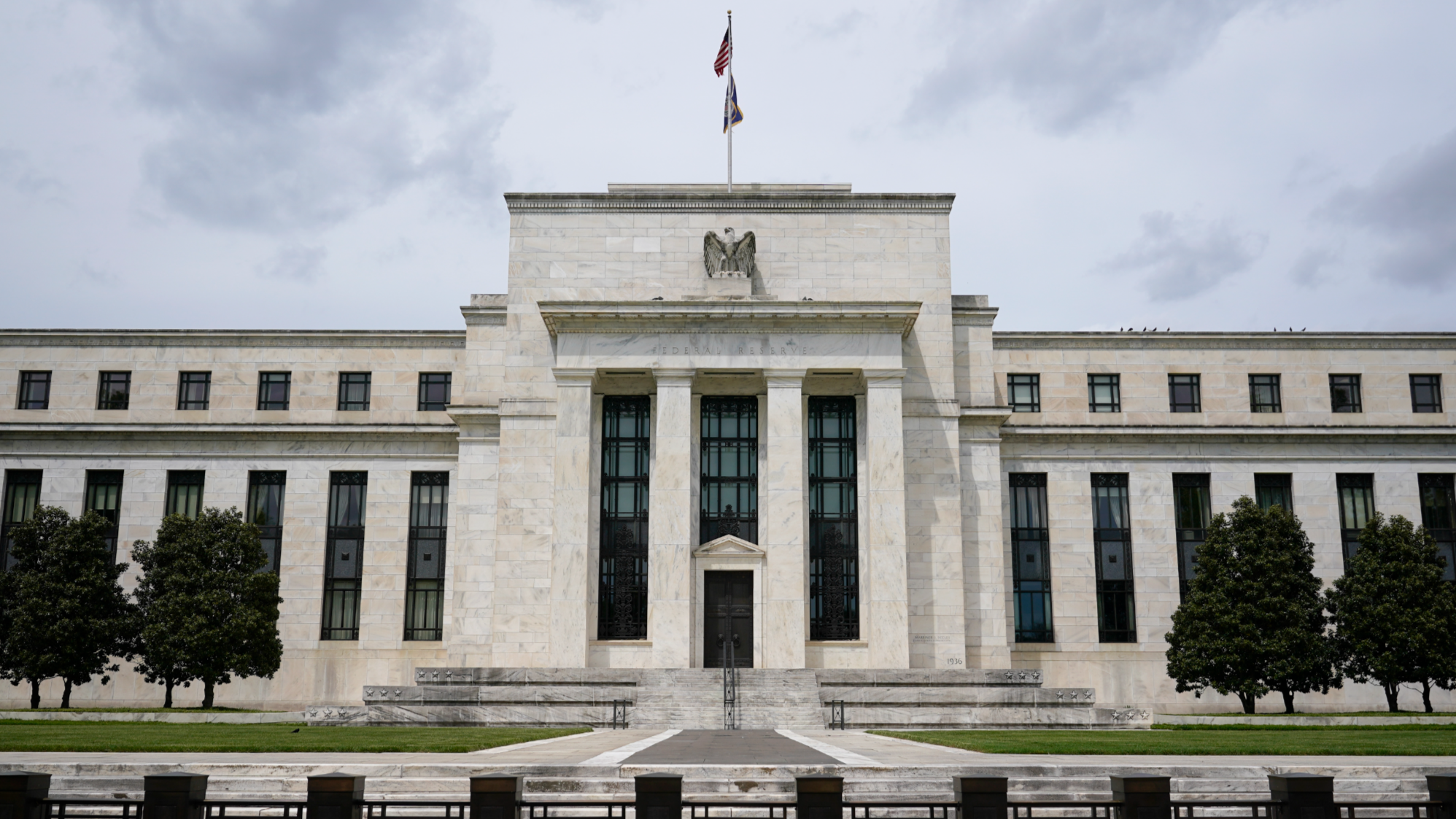
US central bankers will likely start long-awaited interest rate cuts next week with a quarter-of-a-percentage-point reduction, as they seek to reduce the odds of a recession even as stubbornly intact underlying price pressures put them off more aggressive action.
Traders now see less than a one-in-five chance of a half-percentage-point rate cut at the Fed's Sept 17-18 policy meeting. That is down from a better-than one-in-four chance before the release of data on Wednesday that showed the consumer price index rose 2.5 percent in August from a year earlier, down from July's 2.9 percent increase.
Excluding volatile food and energy, prices rose 3.2 percent, the same pace as the prior month. Economists look at so-called core inflation to get a sense of the trajectory of prices. Shelter costs, where gains had been moderating in recent months, accelerated on a year-over-year basis for the first time since March 2023.
READ MORE: US Fed minutes indicate potential rate cut in September
"I don't know if it's a blip, but this report shows core inflation is still a question mark," said Peter Cardillo, chief market economist at Spartan Capital Securities. "It probably seals a quarter-percentage-point rate cut from the Fed."
Fed policymakers have kept the US central bank's policy rate in the 5.25 percent-5.50 percent range since July of last year to keep downward pressure on inflation and get it on track to their 2 percent target. Nearly all of them say they want to dial that back soon to keep from slowing the labor market too much.
ALSO READ: Asian shares up on Wall St tech boost, dollar extends gains on yen
Data last week showed US hiring has slowed in recent months, but the drop in the unemployment rate to 4.2 percent in August provided some reassurance that the job market does not need immediate forceful Fed support.
The CPI report on Wednesday, the last major bit of economic data before the Fed's meeting next week, gave policymakers added reason to reduce rates, but to move cautiously.
"We are not seeing evidence that inflation is reaccelerating, but there is less evidence of continued disinflation in this data compared with the prior three months," Thomas Simons, senior economist at Jefferies, wrote.
ALSO READ: US Fed chief says 'time has come' to cut interest rates
Traders of rate-futures contracts are now pricing a year-end policy rate of 4.25 percent-4.50 percent, a path that would include one half-percentage-point rate cut at one of the Fed's final two meetings of the year.
The Fed will release policymakers' individual expectations for the path of rates at the end of next week's meeting.


